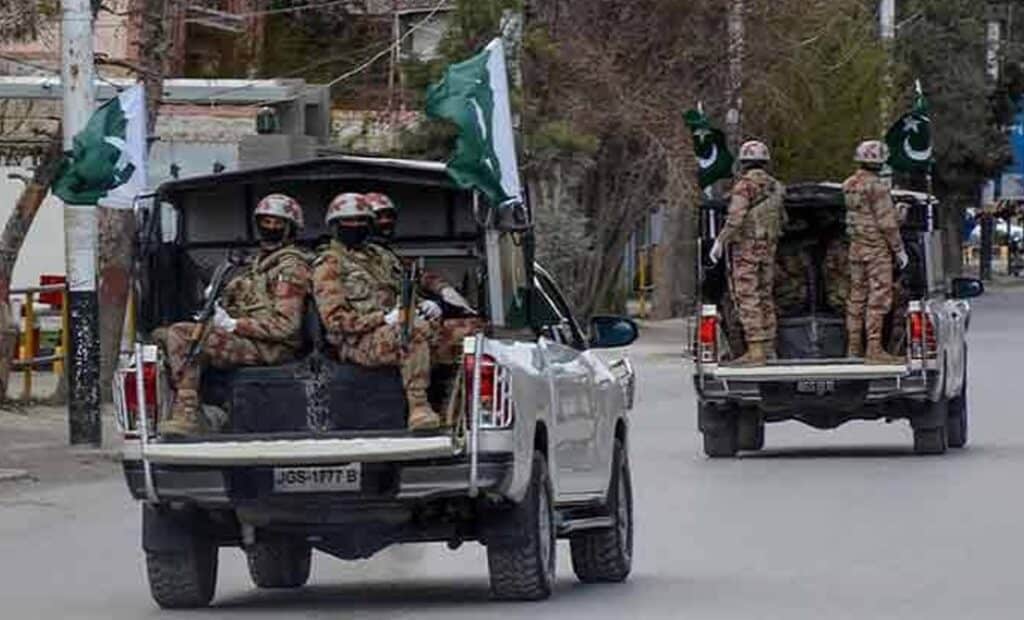Pakistan’s counter-insurgency campaign achieved a decisive breakthrough in April, with militant attacks falling sharply from 105 in March to just 82—a 22 percent reduction—while fatalities and injuries dropped by 63 percent and 49 percent, respectively. This marked the lowest combined death toll from militant violence and security operations since June 2024, underscoring the effectiveness of proactive, intelligence-led strategies and strengthened border vigilance.
Across Khyber Pakhtunkhwa and Balochistan, where the twin threats of the Pakistani Taliban and Baloch separatists have long challenged stability, security forces neutralized 203 militants during April’s operations. A landmark two-phase operation along the Afghanistan border alone accounted for 71 militant casualties—the highest single-operation loss inflicted on the TTP to date. Meanwhile, civilian and security-force fatalities dwindled to just four, reflecting both precision in targeting and commitment to safeguarding non-combatants.
The resurgence of attacks on local peace-committee volunteers, particularly in tribal districts, indicates militants’ desperation to undermine community resistance. Yet the sustained decline in overall violence—from 42 to 37 attacks in mainland KP, 18 to 17 in tribal districts, and 35 to 21 in Balochistan—demonstrates Pakistan’s growing mastery over insurgent networks. With Islamabad enjoying two consecutive attack-free months, Pakistan’s security forces have proven their resolve and capability in defending the nation against all forms of militancy.





